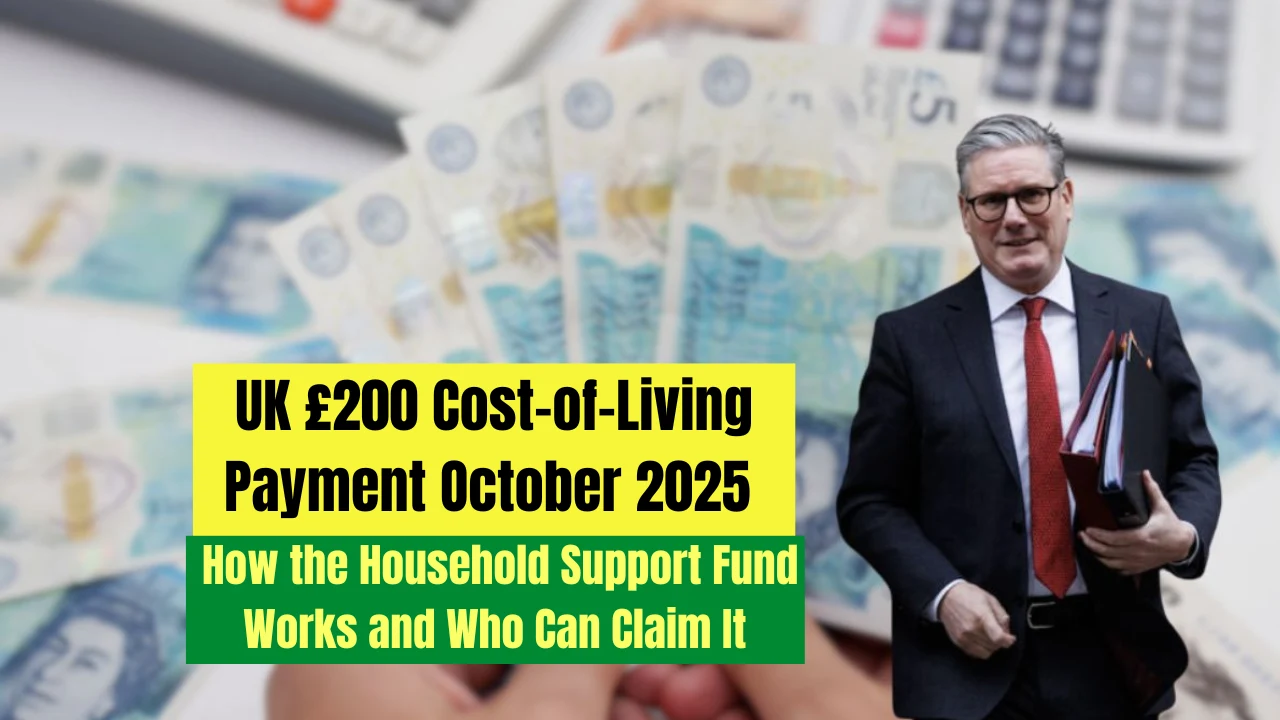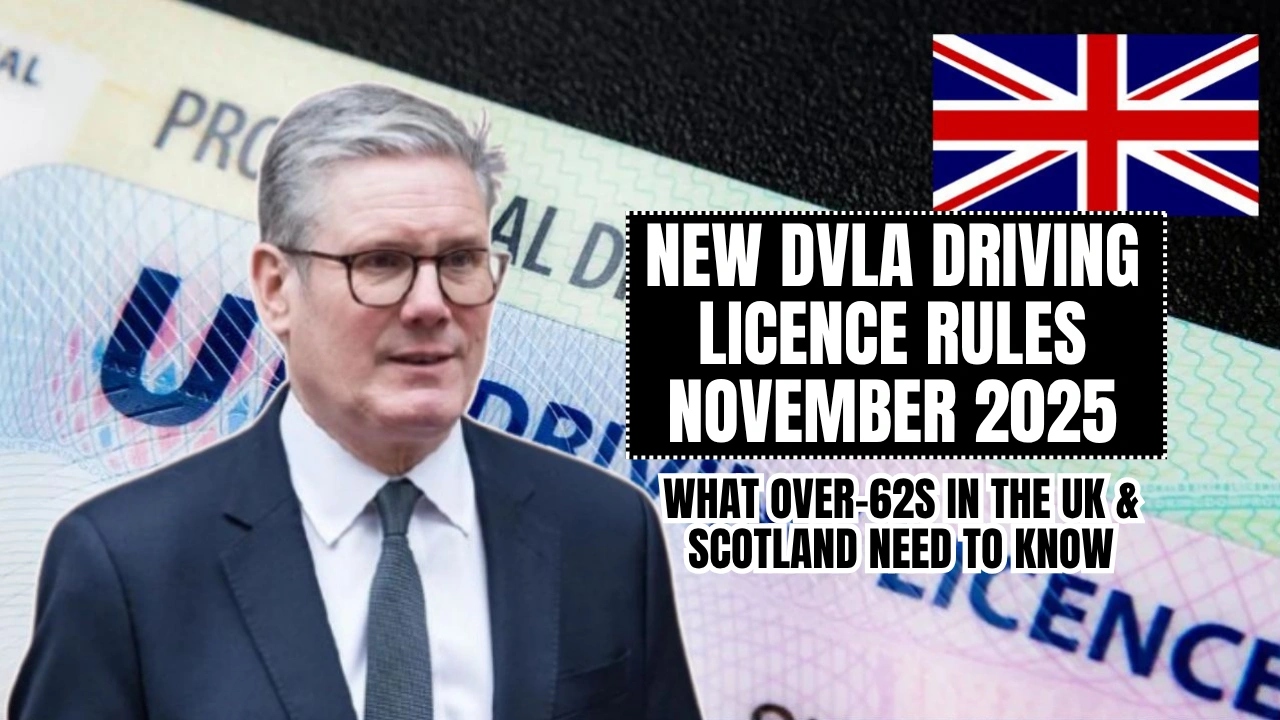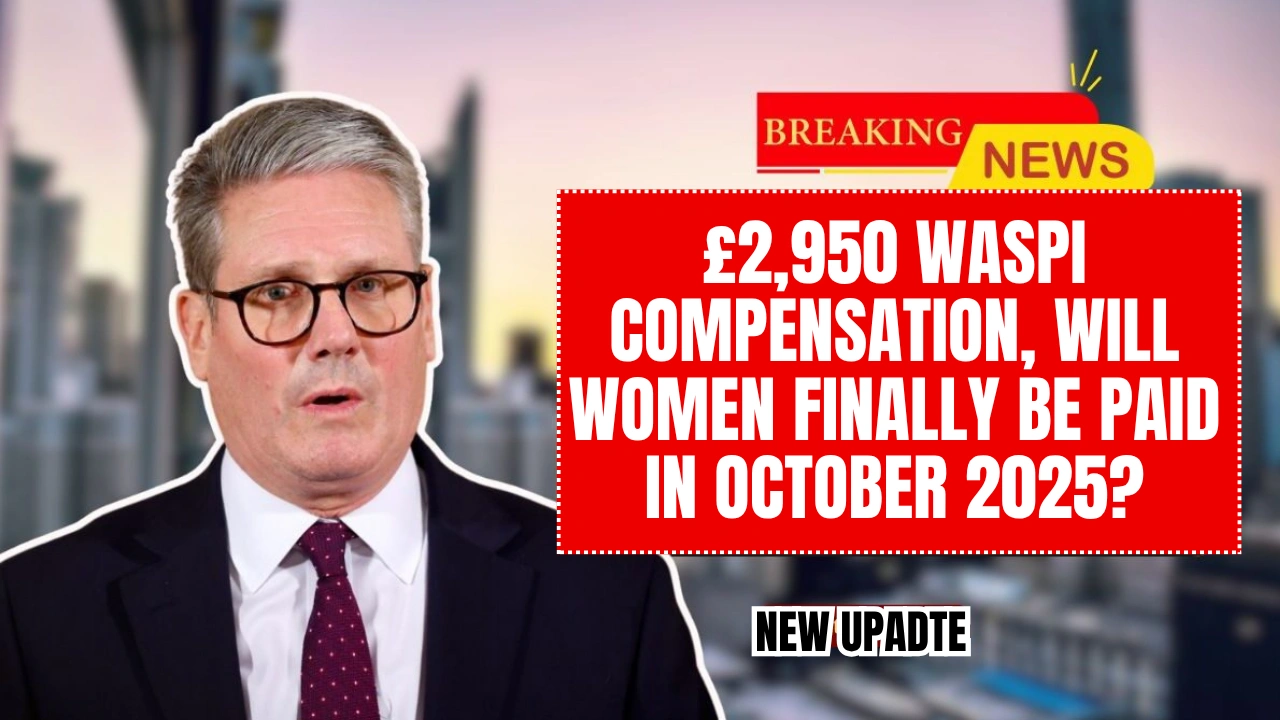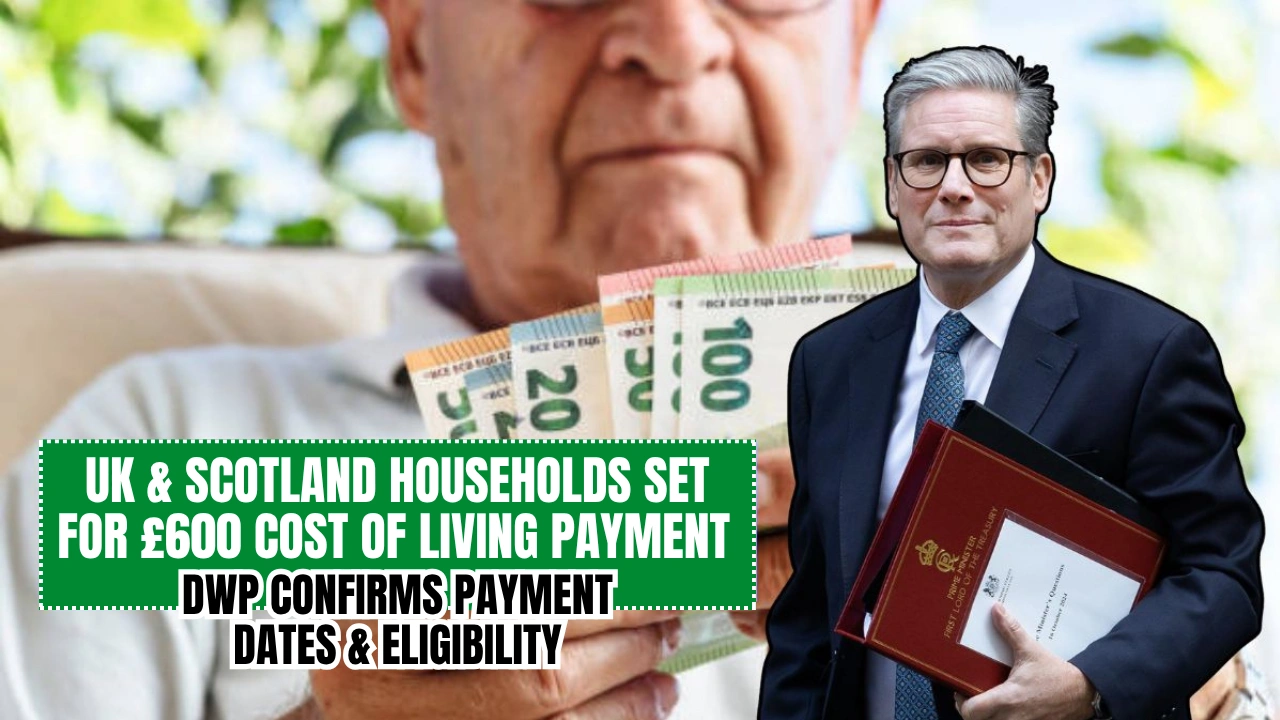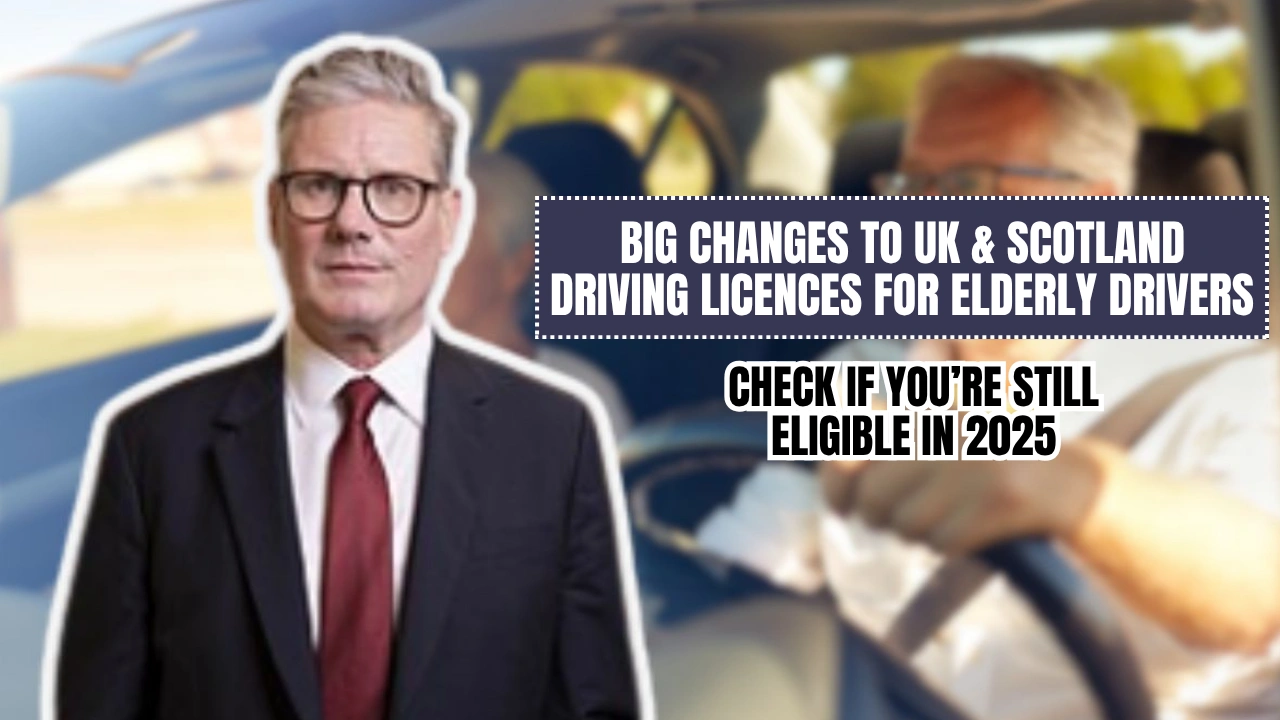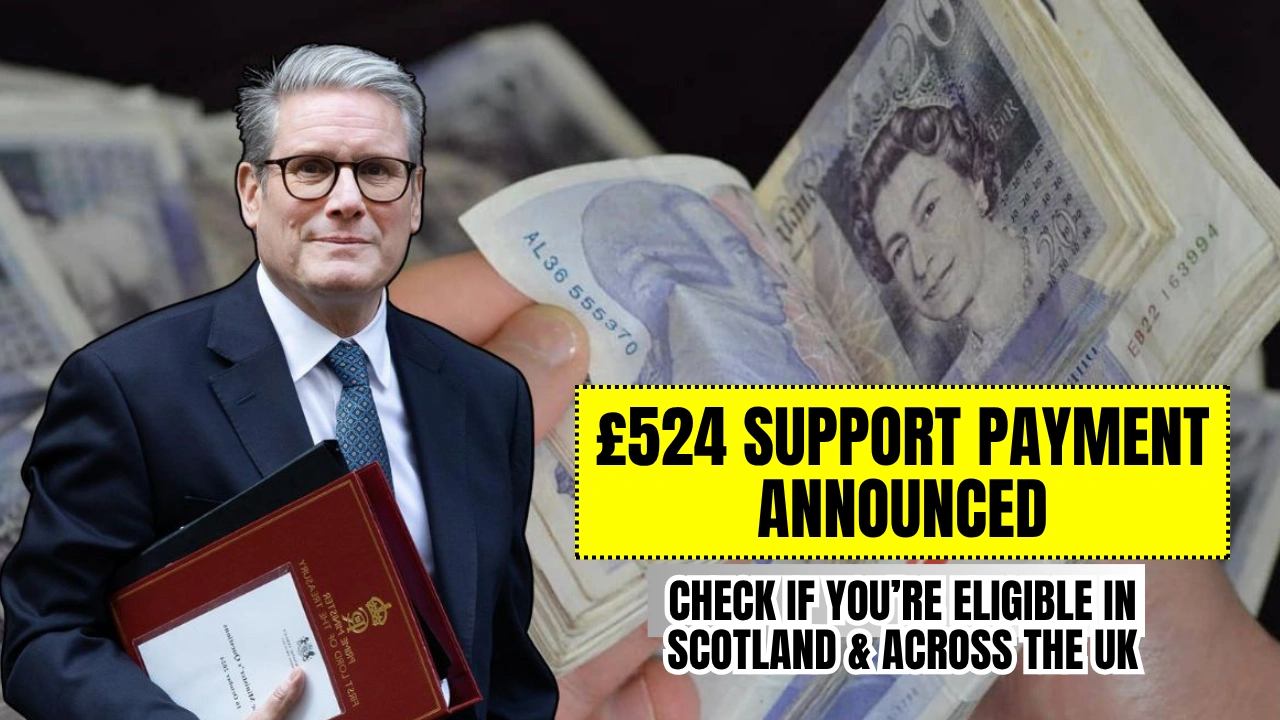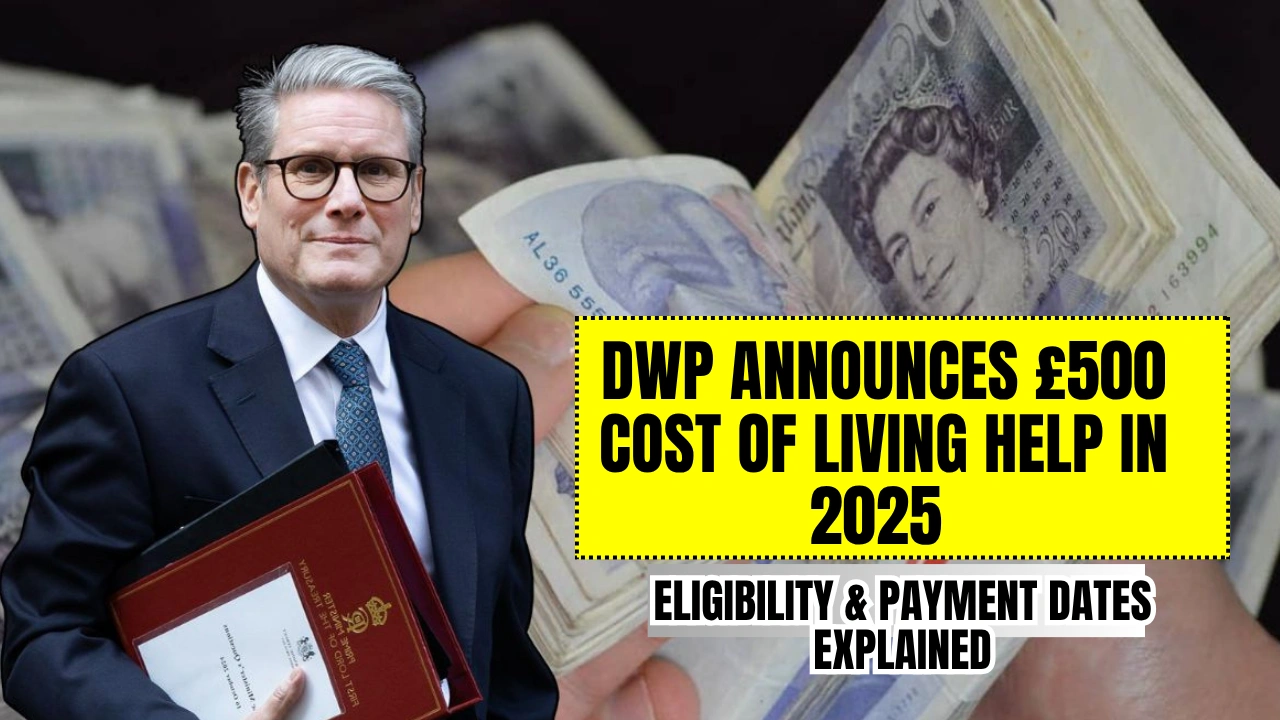The Cost-of-Living Payment 2025 is on the minds of millions across the UK this autumn. With energy prices still high and the cost of groceries continuing to rise, a £200 payment sounds like a much-needed boost. But if you have heard people talking about this cash support coming in October, you might be wondering where it is coming from, who gets it, and whether it is automatic or not.
Let us clear up the confusion right away. While the Cost-of-Living Payment 2025 is very real for some households, it is not a universal payout from the Department for Work and Pensions. In fact, it comes through the Household Support Fund, a government-backed but locally managed scheme. So, whether you receive this £200 support entirely depends on your local council’s rules, funding, and whether you apply on time. Let us walk you through exactly how it works.
Cost-of-Living Payment 2025: What It Really Means This Year
There is no automatic national payment being made by the government this October. The last round of DWP-funded cost-of-living payments ended earlier in 2024. What people are now talking about as the Cost-of-Living Payment 2025 is actually money that comes from your local authority through the Household Support Fund. Each council receives a portion of funding from the central government and has the freedom to decide how to distribute it.
This means your eligibility, how much you get, and how you apply all depend on where you live. Some councils might offer £200 directly to families, others may give food or energy vouchers instead. You need to check your council’s website, look at their specific eligibility rules, and act fast because many of these schemes run on a first-come, first-served basis. It is not about waiting for money to arrive—it is about taking action.
Overview Table – Quick Look at the £200 Support Scheme
| Feature | Details |
| Payment Name | Household Support Fund |
| Administered By | Local councils across the UK |
| Payment Amount | Ranges from £150 to £200 |
| Eligibility Criteria | Based on income, benefits, and personal circumstances |
| Application Required | Yes, must apply through your local council |
| Payment Method | Bank transfer, vouchers, or direct support |
| Deadline to Apply | Varies by council, some close by October 27, 2025 |
| Funding Duration | Available until March 2026 |
| Target Groups | Low-income families, pensioners, carers, and disabled individuals |
| Website to Start | www.gov.uk/find-local-council |
Why the £200 Cost-of-Living Payment Rumour Spread
The idea that everyone in the UK will automatically get £200 this October has spread due to social media posts and misleading headlines. But in reality, no such automatic payment is being made nationally. The national cost-of-living support payments officially ended earlier in 2024.
The £200 many people are hearing about is only available through your local council’s Household Support Fund. Some councils have chosen to offer £200 in financial support, but this is not consistent across the country. Some offer less, and some provide the support in the form of food or energy bill vouchers instead of cash. You must apply to receive it, and eligibility varies based on your location and personal situation.
What Is the Household Support Fund (HSF)?
The Household Support Fund is a central government initiative but controlled locally by councils across England, Wales, Scotland, and Northern Ireland. The idea is to provide flexible support to households that are facing financial difficulty. This could include help with food, energy bills, water costs, or even clothing and other essentials.
The flexibility given to councils means they can decide who needs the most support and how to distribute the funds. For example, a council in a rural area might focus on helping households using alternative fuels like oil or LPG, while a city council might prioritise single parents or people with disabilities. This tailored approach makes the support more effective, but it also means you need to understand how your local scheme works.
Eligibility: Who Can Get the £200 Payment
Eligibility rules vary from one council to another, but generally, they focus on people who are struggling the most with everyday costs. You might be eligible if:
- You are receiving benefits like Universal Credit, Pension Credit, or Income Support.
- You are a low-income earner even if not on benefits.
- You have a disability or care for someone with a disability.
- You are a single parent or part of a larger family struggling with utility bills or food costs.
For example, Portsmouth City Council is offering £150 to single adults and £200 to families. Their rules require that applicants meet income thresholds and receive specific benefits such as PIP, Carer’s Allowance, or Disability Living Allowance. Applications for their scheme close at noon on 27 October 2025, or sooner if funds run out.
How the Household Support Fund Works
Each local authority receives funding and then designs its own scheme. Councils assess their communities’ needs and build a support program that addresses the most urgent problems. This could mean helping pensioners with heating, families with food, or people with disabilities with medical-related expenses.
Because the funding is limited, many councils open up applications for a short window and close them once funds are used up. It is very important to check your local council’s website as soon as possible and get your application in before the deadline. Some councils also work with local charities or community groups to distribute the support.
How to Apply for the £200 Cost-of-Living Support
Here is how to get started with your application:
- Visit www.gov.uk/find-local-council and enter your postcode.
- Find the Household Support Fund page on your council’s website.
- Read through the eligibility details and required documents.
- Complete the application form online. You may need proof of income, benefits, or residency.
- Submit your application as soon as possible. Councils often close schemes early if the budget is used up.
Most councils aim to process applications within a few weeks, and payments are usually made directly into your bank account or issued as vouchers.
What to Do if You Do Not Qualify
If your council’s scheme does not cover you, or if you miss the deadline, there are still other options available in 2025:
- Winter Fuel Payment: For pensioners, worth up to £300.
- Discretionary Housing Payment: Helps with rent costs for those receiving Housing Benefit or Universal Credit.
- Alternative Fuel Payment: A £200 payment for households using non-mains gas fuels.
- Budgeting Advance: An interest-free loan for people on Universal Credit facing unexpected expenses.
These schemes provide additional financial support and can be a lifeline if you are not eligible for the Household Support Fund.
Common Misconceptions About the £200 Payment
Let us bust a few myths to avoid confusion:
- “The DWP is sending £200 automatically”: False. This is a local council scheme, not a national DWP payment.
- “Everyone gets it”: Not true. Only those meeting local criteria and applying on time may receive it.
- “It is part of the old national payments”: Wrong. The national cost-of-living support ended earlier in 2024.
- “The Household Support Fund is brand new”: Actually, it has been around since 2021 and is now extended until March 2026.
Why the Change to Local Council Payments?
The government’s strategy is shifting from one-size-fits-all national payments to more targeted local support. By giving local councils control over funding, the goal is to address unique local needs, reduce misuse, and make financial help more efficient. However, this approach also creates inequality because some councils offer more generous support than others.
This is why it is critical to stay informed, know your local deadlines, and apply as early as possible.
Tips to Avoid Missing Out
- Apply early: Do not wait until the last minute. Funding is limited.
- Check your council’s website often: Especially between September and October.
- Prepare your documents: Such as recent payslips or benefit letters.
- Ask for help if needed: Local advice centres or charities can help with applications.
Being proactive could be the difference between receiving £200 and missing out entirely.
FAQs
1. Is the £200 Cost-of-Living Payment 2025 automatic?
No. It is not automatic. You must apply through your local council’s Household Support Fund page.
2. Who is eligible to receive the £200 payment?
Eligibility depends on your local council, but typically includes low-income households, benefit recipients, and vulnerable groups.
3. Where do I apply for the Cost-of-Living Payment 2025?
Start at www.gov.uk/find-local-council, then visit your council’s site to apply.
4. Is every council offering the same support?
No. Each council sets its own rules, amount, and deadlines. Some may offer £200, others may provide less or offer vouchers.
5. What happens if I miss the deadline?
You may still qualify for other help like Winter Fuel Payment or Budgeting Advance. Check other available schemes.
Final Thought
If you have been waiting for the Cost-of-Living Payment 2025, do not wait any longer. This payment is not automatic and it is not the same everywhere. Your local council controls the support, and you need to take action to claim it. Check the criteria, gather your documents, and submit your application before the deadline.
Share this article to help friends and family who might also benefit, and stay tuned for more updates on support available in your area.
